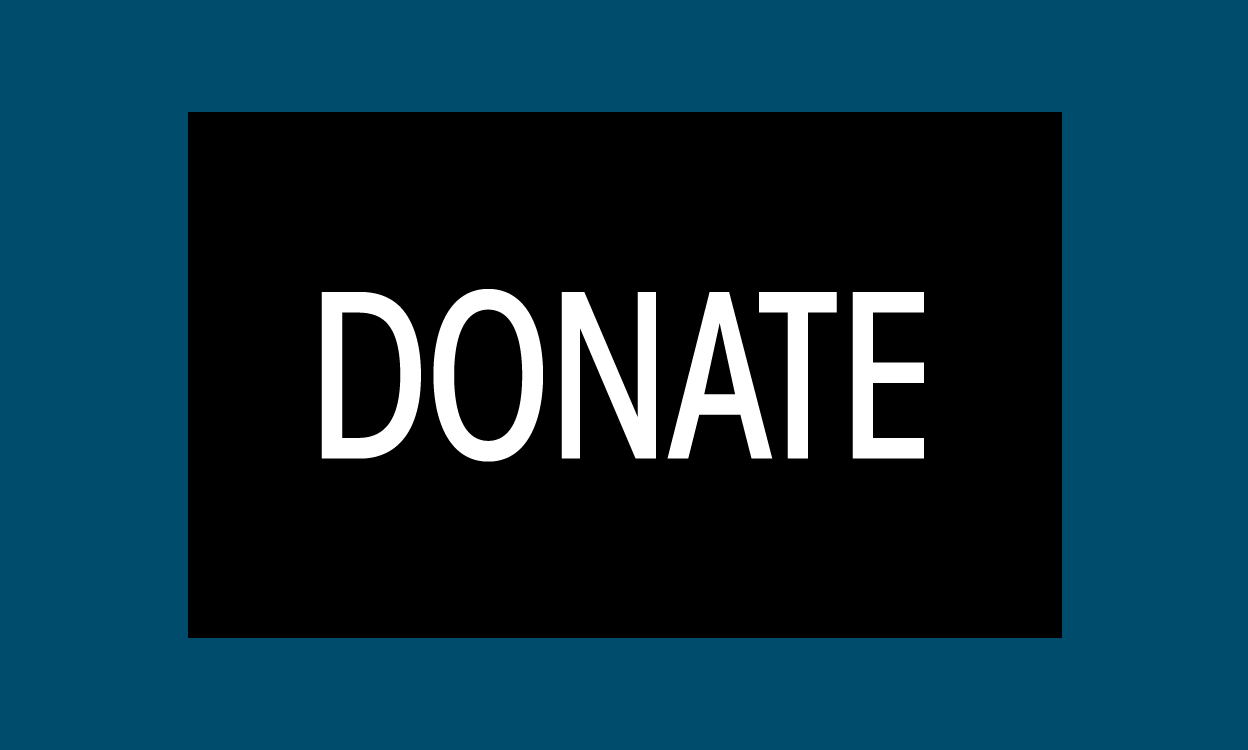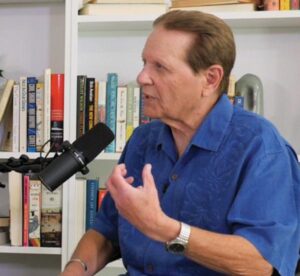Dispatches from @BobAvakianOfficial Revolution 21
One big reason why so many people believe that a revolution and a fundamentally different and much better world is not possible is because of the notion that there is a “human nature,” which cannot really be changed. But the fact is that there is no such thing as “unchanging human nature.” People can and do change all the time, especially with changing circumstances.
Things like racism and misogyny (hatred of women) are not “built in” characteristics of white people and men—and the attitude of looking out for yourself, and to hell with everybody else, is not “hard wired” into human beings. All these things are products of the system that people are forced to live under—the oppressive economic, political, and social relations of the system, and the ideas and culture that reflect and reinforce those relations.
Let’s get deeper into this.
Over a number of centuries, beginning more than 500 years ago, various European powers carried out conquest and colonization of peoples in Africa, Asia, and the Americas—and a big part of this was the enslavement and trafficking of millions of human beings. As I pointed out in an article explaining what exploitation is, and how to put an end to it:
It is a fact that some of the earlier societies in the Americas—such as the Inca empire in South America and the Aztecs in Mexico—were themselves based on exploitation of masses of people by the ruling classes in those societies; and it is true that there was slavery within Africa itself for some time before the invasion of that continent by European exploiters. But all this took on much greater and more horrific dimensions, beginning several centuries ago, with the conquest and colonization of these continents, the development of the international slave trade and the relentless machinery of capitalist exploitation, through which generation after generation of people, in the millions and millions, have been ruthlessly used up and killed off, quickly or more slowly, in the manic capitalist quest, and merciless competition among capitalists, for profit and more profit.
And, what went along with all this—the thinking that “justified” it—was the notion that certain groups or “races” of people are superior, and others inferior, and therefore it was right and good for the supposedly “superior” people to enslave and exploit those who were supposedly “inferior.”
But oppressive divisions among people is not just some “European thing,” and the poisonous idea that certain people are “superior,” and others are “inferior” is not a uniquely “European” notion. In general throughout human history, in any part of the world where people have been divided into masters and slaves, “upper and lower classes,” this has been accompanied by the idea that those in the superior position are somehow, by their very “nature,” superior as human beings, and those in the lower position are “inferior” human beings. This has been true in ancient, as well as more modern, empires and countries in Asia, Africa, and the Americas, as well as Europe.
Once more, it is the dominant relations of the system that fundamentally determine the ideas and the culture that dominate in that system. As long as you have a system built on exploitation and oppression, you will have the corresponding culture promoting the idea that some people are, by nature, superior to others.
But let’s get even deeper into this—into the question of whether, regardless of what system people live under, there is a certain basic “human nature” that runs through every system.
In terms of what might be considered the “nature” of human beings, there are certain common characteristics of people everywhere. As a result of natural evolution, along with other biological features that human beings have in common, we have a consciousness and the capacity for “abstract thought,” in a way that is not true for other beings. We can think about what it would mean to “be in someone else’s shoes”—to see things and feel as they do. We can reflect on what has happened in the past, and we can project our thoughts into the future. We can create in our imaginations all kinds of beings, and other things, that do not exist in the real world. We can envision, and then set out to build, all kinds of physical structures. We use language to create all kinds of poetry and other literature, as well as music with many different kinds of lyrics. And so on.
The most important characteristic of human beings is the ability to consciously adapt—to change—especially with changing circumstances. And people have changed, throughout history.
In early human societies, when people lived in small communal groups, without the kinds of divisions that are so familiar to us today, people thought very differently than they did once large-scale private ownership of land, slavery and other forms of exploitation and oppression developed, or when feudal societies were ruled by kings and other monarchs whose word was law, or in this “modern world,” dominated by the capitalist-imperialist system.
In all of this, the dominant ideas in society have reflected and reinforced the dominant relations. And the dominant ideas have changed with changes in how the society is organized and functions.
In a system based on slavery, and ruled by slave-owners, the ruling idea is that slavery is “natural”—is right, just, and necessary. But, once a slave system has been eliminated and replaced by a system based on capitalist exploitation—like the system we now live under in this country—then (even though there are still some people who try to “justify” slavery) the dominant idea, promoted by the ruling institutions, is that slavery is not (or is no longer) right, just, and necessary.
Or, when revolutions overthrow the rule of a system headed by a king—as happened with the American revolution, 250 years ago—then the idea that it’s “god’s will” that kings should rule (“the divine right of kings”) has been overthrown, along with the actual rule of the king.
Still, with all these changes, the slave system, the feudal system, and the “modern” system of capitalism all have this in common: They are all systems divided into exploiters and exploited, oppressors and oppressed, rulers and those who are ruled over. As one big part of this, they have all embodied and enforced patriarchal, male supremacist relations. And the ruling ideas in all these systems have this in common: the notion that it is right, just, and necessary for society to be organized and function the way it does, with all these unequal and oppressive relations. These ruling ideas are promoted and propagated, in many different ways, by all the dominant institutions, including the educational system, the media, and the “popular culture.”
In this “modern,” capitalist system, the ruling idea is that it is right, just, and necessary for some people, the capitalists, to own the means of production (land, raw materials, machinery and other technology) and to profit by exploiting people who do not own means of production, and therefore can only live by being employed, and exploited, by capitalists. Yet, all the wealth and technology of this “modern” capitalist system was not created by the capitalists—it was created through the labor of masses people, all over the world, going back centuries, under conditions of exploitation in one form or another. (In basic terms, exploitation is profiting from the labor of others—whether those “others” are slaves, or poor farmers, or wage-workers.)
Along with all this, there is the basic fact that human beings are individuals, who do have individual needs. Under this system of capitalism-imperialism—as with all systems based on relations of exploitation and oppression—the needs of individuals can only be met through the efforts of those individuals, acting for themselves (and for those who may be dependent on them, like their children). This system forces people to compete with each other, in the struggle to meet their individual needs, and in the contest to achieve their individual goals and advance their individual positions.
At the same time, as we have seen, individuals are not just individuals—they are part of the larger society, and world, which today is still dominated by relations of exploitation, inequality and oppression, and by ruling institutions that promote and reinforce those relations.
All this shapes the conditions in which people live and function, and it strongly influences the way they think. And all this is a big part of why it is commonly thought that there is some kind of unchanging, and un-changeable, “human nature,” which makes people selfish, and which makes oppressive relations among human being unavoidable and inevitable.
But there are always contradictions in any system; and there are always some people who see those contradictions and recognize in those contradictions the basis for change, of one kind or another. To get rid of one system, and replace it with another system, requires revolutionary change—and in those times when the contradictions of a particular system become really sharp and deep, it becomes possible for masses of people to come to see the need and the basis for such revolutionary change, and to act to bring it about.
This is one of those times. And the revolutionary change that is possible now is not just a change from one system of exploitation and oppression to another such system—like what happened with the American revolution 250 years ago. What is possible now is an historic, fundamental change, which will finally bring about the end to all exploitation and oppression. This is the communist revolution.



